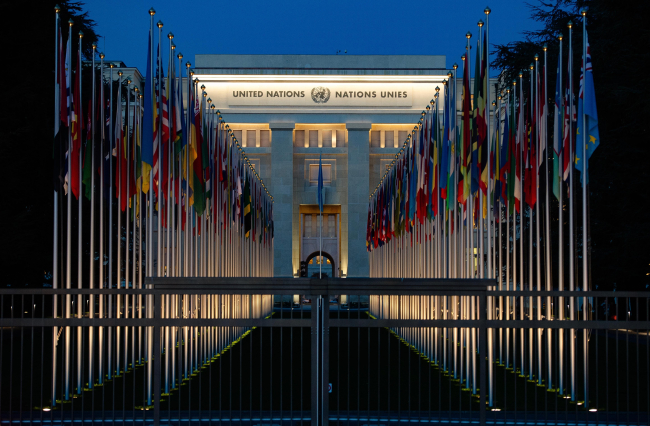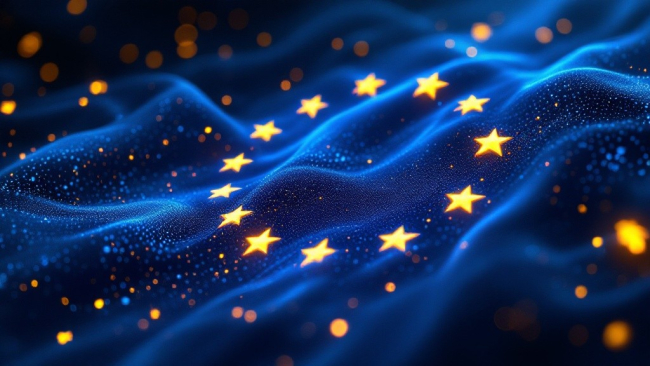Digital Sovereignty Review of Macron’s Term and Debates in the 2022 Presidential Campaign

One month before the French presidential election, this briefing assesses the actions undertaken during Macron's term as well as the presidential candidates' proposals concerning France's digital sovereignty.

Key Takeaways
- Emmanuel Macron’s five-year term has been characterized by notable efforts to reinforce French digital sovereignty through regulation, securing industries and infrastructures, and supporting strategic sectors.
- The candidates running for the 2022 presidential election tend to also adopt a maximalist view of sovereignty, which in the digital domain is not limited to data protection, but also includes an industrial component.
- While all the candidates denounce the current government’s policy on cloud computing, their other proposals in the digital domain are generally in line with the action taken since 2017.
- However, the weakness of the candidates’ proposals on the international dimension of technology is problematic, at a time when partners and rivals are articulating their foreign policies around these issues, with significant effects on Europe’s efforts toward digital sovereignty.

Available in:
Regions and themes
ISBN / ISSN
Share
Download the full analysis
This page contains only a summary of our work. If you would like to have access to all the information from our research on the subject, you can download the full version in PDF format.
Digital Sovereignty Review of Macron’s Term and Debates in the 2022 Presidential Campaign
Related centers and programs
Discover our other research centers and programsFind out more
Discover all our analysesRegulatory Dynamics and Tensions in the Space Sector: Towards and Americanization of Space Law?
The development of space law has gradually evolved from a top-down normative dynamic dominated by the founding impetus of the UN to a bottom-up normativity driven by national and industrial practices. This evolution is now accompanied by growing normative competition, raising the risk of an Americanization of space law and prompting the question of a European response.
The Sustainability of Space Operations: An Opportunity for European Leadership?
As space becomes a key arena for power projection strategies, while facing growth and diversification of orbital activities, the concept of “space sustainability” is emerging as a new framework of analysis for space governance.
The “Huawei Saga” in Europe Revisited: German Lessons for the Rollout of 6G
While the European Union attempted to coordinate a collective response through its 5G Toolbox in Europe’s 5G infrastructure, member states diverged significantly in balancing political, economic, and technological considerations. Germany, despite its economic ties to China and status as Europe’s largest telecom market, only reached a tentative agreement in July 2024—one that appears largely symbolic.
European Startups and Generative AI: Overcoming Big Tech Dominance
Europe is at a crossroads. Faced with the domination of American Big Tech across the entire generative Artificial Intelligence (AI) value chain, from foundation models to cloud infrastructure, distribution channels, and open source, it risks long-term technological and economic decline. Yet generative AI also represents a major opportunity for economic transformation, with a potential value estimated at 1.5 times France’s gross domestic product (GDP). To turn it into a driver of renewal, Europe must move beyond the illusion of total technological independence and instead build an ecosystem that leverages Big Tech resources while strengthening its own innovation capabilities.













